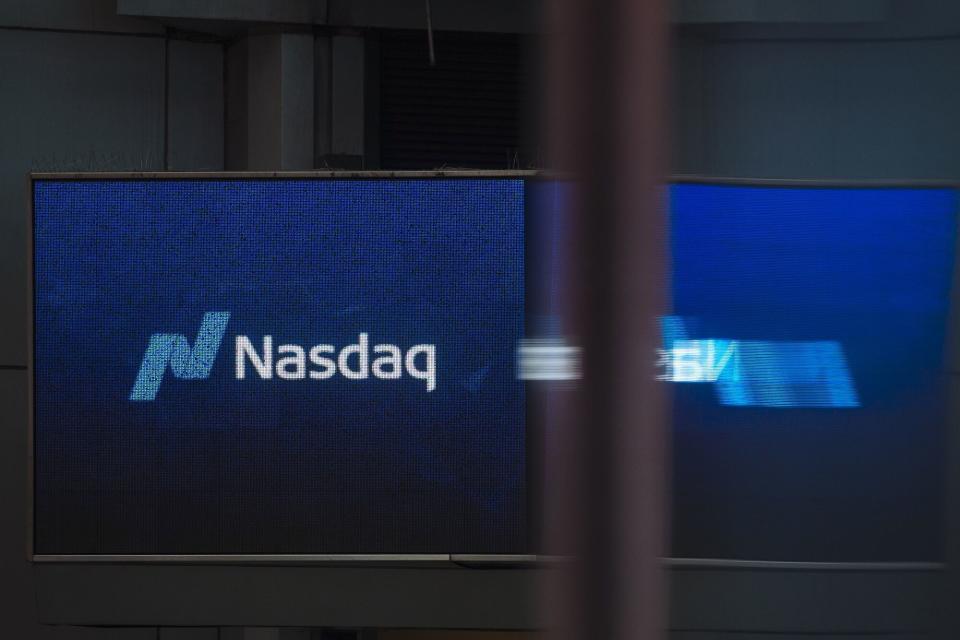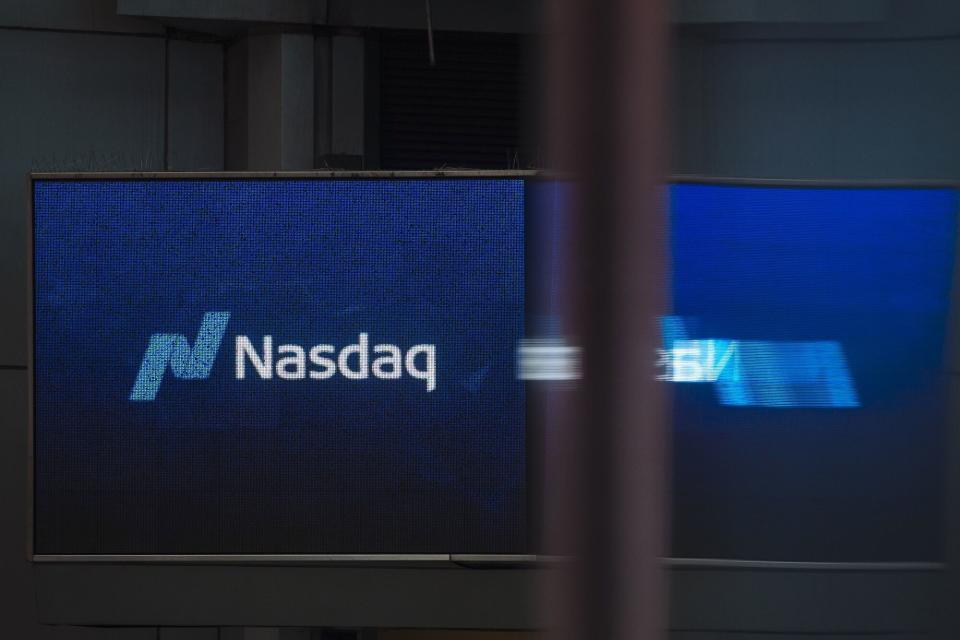Nasdaq Private Market Explores Private IPOs for Stakes
(Bloomberg) -- Nasdaq Private Market is seeking to be the first in the US to offer companies the option of holding so-called private IPOs, giving venture capital and buyout firms more options to realize the value in their portfolios.
Most Read from Bloomberg
US Inflation Broadly Cools in Encouraging Sign for Fed Officials
Blinken Casts Doubt on Cease-Fire Hopes After Hamas Responds
Hunter Biden Was Convicted. His Dad’s Reaction Was Remarkable.
Britain’s ‘Quiet Quitters’ Are Costing the Economy £257 Billion
The firm is having conversations with several large VC and private equity firms about providing them with opportunities to divest stakes in portfolio companies at regular intervals, as the market for initial public offerings isn’t yet fully open.
“Both VCs and PE are all frankly grappling with the same liquidity challenges for many of their larger portfolio holdings,” Tom Callahan, Chief Executive Officer of Nasdaq Private Market, said in an interview. “One of the largest PE firms in the world recently told me that it’s causing them to fundamentally rethink their whole business model of relying on M&A or IPOs as their only path to liquidity.”
NPM is eyeing the first such deals in the second half of 2024, though it doesn’t have concrete plans with regards to the companies involved or the timing, Callahan said.
The traditional IPO market has frustrated potential candidates and their owners, bouncing back haltingly after a two-year drought. Companies have raised $17.2 billion on US exchanges this year, about 65% above the same period in 2023, data compiled by Bloomberg show. But with $3.2 trillion tied up in aging, closely held companies globally as of the end of last year, according to Preqin data, asset owners are looking for new ways to exit their stakes.
To be sure, the concept of a private IPO — a kind of auction process for stakes in a closely-held company — isn’t new. Nordic private equity fund manager EQT AB has floated the idea of private stock sales of its portfolio companies over what its CEO Christian Sinding described as an industry-wide problem of not being able “to do enough exits.” The UK has also proposed a regulated market to let unlisted companies go public for a short period of time, with limited disclosures.
Callahan said that private IPOs would allow for access to company financial information to accredited investors, auctions for stakes at periodic windows of liquidity — be it every quarter, or at other regular intervals.
“You’re building in these predictable structured windows of liquidity,” he said. “It’s a way for investors to get access to a high-quality private market supply and a way for large firms to manage liquidity in a proactive way.”
Backed by banks including Goldman Sachs Group Inc. and Citigroup Inc., Nasdaq Private Market offers a secondary market venue for unlisted companies and shareholders including employees to trade private shares.
NPM had one of its best quarters ever in the first quarter, and is working toward one of its strongest in the second, Callahan said. The firm has executed over $50 billion in private trades of stakes in closely-held companies since it started in 2013, and has seen more than $3 billion worth of volume in the year to date.
“For the last couple years, companies were not focused on employee liquidity at all, but more on runway, tightening belts and cutting expenses, and many frankly were in survival mode,” Callahan said. “I think there is a broad sense that the world is a safer place right now. So, employee liquidity has returned as a priority.”
(Corrects characterization of NPM’s relationship with Nasdaq Inc. in headline and first two paragraphs of an article published June 4.)
Most Read from Bloomberg Businessweek
China’s Economic Powerhouse Is Feeling the Brunt of Its Slowdown
As Banking Moves Online, Branch Design Takes Cues From Starbucks
Food Companies Hope You Won’t Notice Shortages Are Raising Prices
The World’s Most Online Male Gymnast Prepares for the Paris Olympics
©2024 Bloomberg L.P.

 Yahoo Finance
Yahoo Finance 

